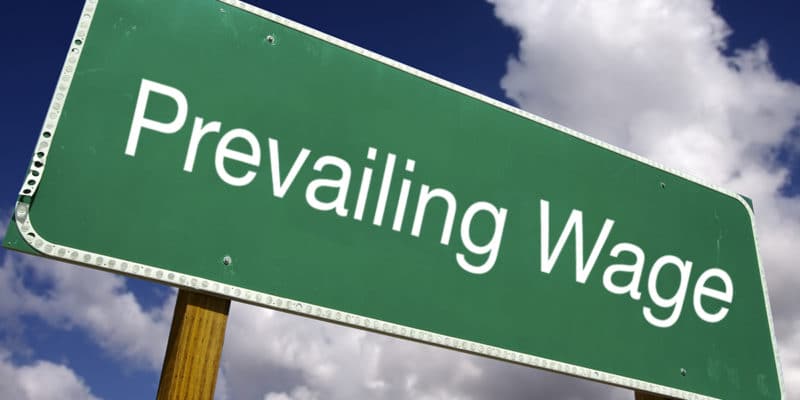Matt McQuaid
June 15, 2023
Teamsters General President Sean M. O’Brien issued the following statement regarding the ruling from the National Labor Relations Board (NLRB) on The Atlanta Opera, Inc., which revives an Obama-era rule that makes it easier for workers to organize and join unions:
“The Teamsters Union is pleased that the NLRB has taken a critical step in putting power back into the hands of workers and reversing an egregious rule that made it easier for corporations to misclassify hardworking men and women.
“When workers are misclassified as ‘independent contractors,’ they are deprived of the opportunity to secure the higher wages, better benefits, strong workplace protections, and job security that comes with a union contract.
“While most only associate misclassification with so-called ‘gig’ workers who work for ridesharing apps like Uber and Lyft, workers in nearly every industry have been under attack by corrupt employers and politicians that want to strip them of their employee status and the legal protections that follow.
“While we are glad to see the NLRB return power to workers, let us not forget that this should have never been the law of the land. Misclassification of employment status is the latest tool that employers have deployed in their fight against workers.
“The new ruling from the NLRB makes it more difficult for employers to deceptively misclassify workers and avoid paying employee-related expenses, like unemployment insurance, workers’ compensation, and Social Security.
“The Teamsters remain committed to helping workers across the country raise their voices and get their fair share. We look forward to continuing to fight alongside pro-worker officials at the NLRB, Department of Labor, in Congress, and in state legislatures to protect workers’ rights.”





